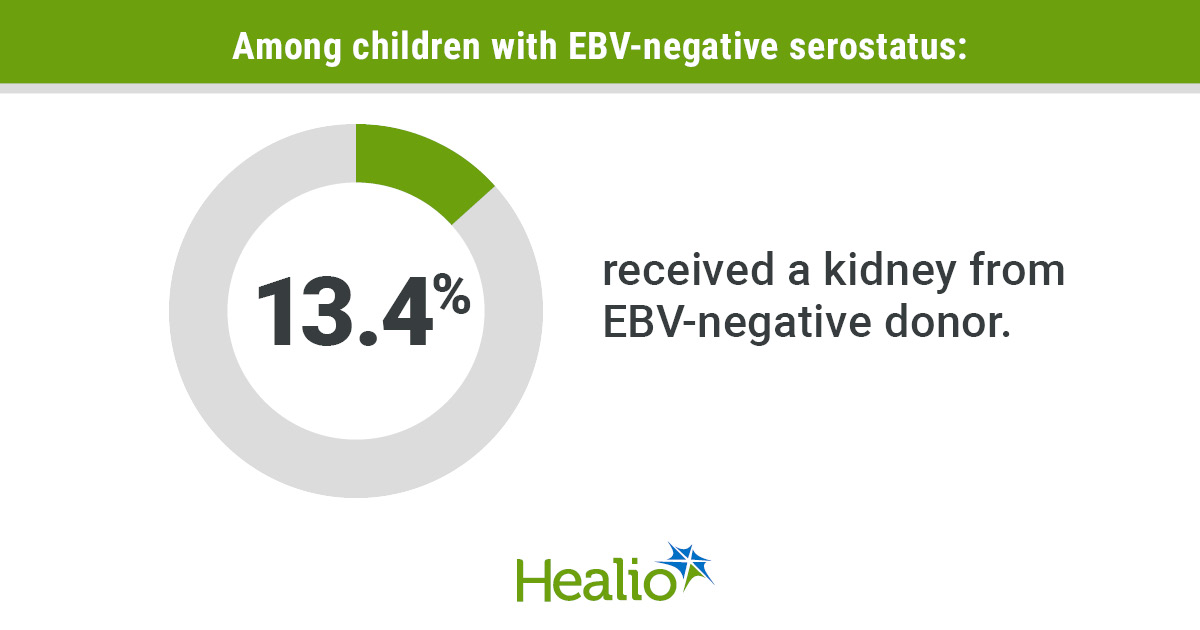September 21, 2025
3 min read
HUNTINGTON BEACH, Calif. — Avoiding unplanned pregnancies in rheumatology patients can limit trauma and help steer clear of the labyrinth of U.S. abortion laws, according to a speaker at the 2025 Congress of Clinical Rheumatology West.
“The key to rheumatic pregnancy success is timing,” said Megan E.B. Clowse, MD, MPH, chief of rheumatology and immunology, and professor in obstetrics and gynecology, at the Duke University School of Medicine. “And that takes active planning, so start having these conversations before the patient actually wants to get pregnant, ideally.

“I really recommend using open-ended questions to get these conversations started, asking if she’s thinking about having children any time soon,” said Megan E.B. Clowse, MD, MPH. Image: Jason Laday | Healio Rheumatology.
“I really recommend using open-ended questions to get these conversations started, asking if she’s thinking about having children any time soon,” she added. “That kind of thing can be really helpful.”
To illustrate her point about the dangers of accidental pregnancies in rheumatology — particularly among patients with lupus — Clowse highlighted a study she and colleagues performed analyzing registry data from 115 pregnancies in women with systemic lupus erythematosus from 2018 to 2023.
Among the 108 pregnant women who underwent the London Measure of Unplanned Pregnancy measure, 63% were “personally ready” when they conceived. According to Clowse, the 37% who were not ready demonstrated “much higher” rates of depression and withholding pregnancy-safe medications.
“They didn’t know they were supposed to continue them because they weren’t planning pregnancy,” she said.
Meanwhile, among all 115 pregnancies, 68% were described as “medically ready,” which Clowse and colleagues defined — using American College of Rheumatology guidelines — as a urine creatine ratio of less than 1 g within 6 months prior to conception or during the first trimester, withholding all teratogen use at conception, and continued use of pregnancy-safe SLE drugs following conception.
According to the results, the 32% of pregnancies identified as not medically ready demonstrated higher rates of withholding pregnancy-safe medications, higher SLE activity during pregnancy, and three-fold higher risks for preterm birth and preeclampsia.
Patients who experience these negative outcomes can additionally experience reproductive trauma, Clowse said.
“This is becoming more and more part of the lexicon as our younger generations are more forward thinking and outwardly talking about miscarriage and pregnancy loss, and the trauma that that really brings to both men and women,” she said.
Clowse noted a systematic review of 13 studies analyzing depression and PTSD among parents of stillbirths vs. those with a live birth. According to the results, mothers with stillbirths demonstrated 2.5 to 6 times the increased risk for depression 2 months to 3 years following the pregnancy loss. Meanwhile, fathers had a six-fold increase in the risk for depression 2 and 8 months following the stillbirth.
In addition, 60% of women with stillbirths met criteria for PTSD. Those with preterm birth and fetal distress also demonstrated higher PTSD scores.
“These kinds of ‘oops’ pregnancies can be catastrophic,” Clowse said.
Pregnancy planning can also help avoid abortion. This is particularly important in the United States, where abortion laws vary greatly across individual states, Clowse said.
“It’s hard to keep up with this slide,” she said, displaying a color-coded map of U.S. states and their varying abortion laws. “I always make a new picture every time.
“Oregon has no restrictions whereas Missouri has a total ban, where any person who knowingly performs or induces an abortion of an unborn child can be guilty of a class B felony,” Clowse added, with the caveat that she is not an attorney. “In Texas, there is a 6-week ban and family members of the aborted fetus can sue the doctor up to 5 years after the termination, and in North Carolina we have a ban at 12 weeks. It’s worth knowing what’s going on in your state, but certainly this is problematic.”
However, one source of “relief,” according to Clowse, is the current legal framework around methotrexate and mycophenolate, drugs rheumatologists often prescribe that can induce abortion or increase the risk for pregnancy loss.
According to Clowse, if the intention of prescribing methotrexate is to treat rheumatoid arthritis, or another rheumatic disease — and this is made clear in the clinician’s notes — then the prescriber “will not be brought in on charges” as a result of a pregnancy loss.
“If you prescribe [methotrexate] for her to be able to terminate a pregnancy, then you can get in trouble, but if you’re prescribing it for her rheumatic disease, you do not need to worry about legal ramifications to yourself,” she said. “And that’s pretty universal across all states.”
For more information:
Megan E.B. Clowse, MD, MPH, can be reached at rheumatology@healio.com.









